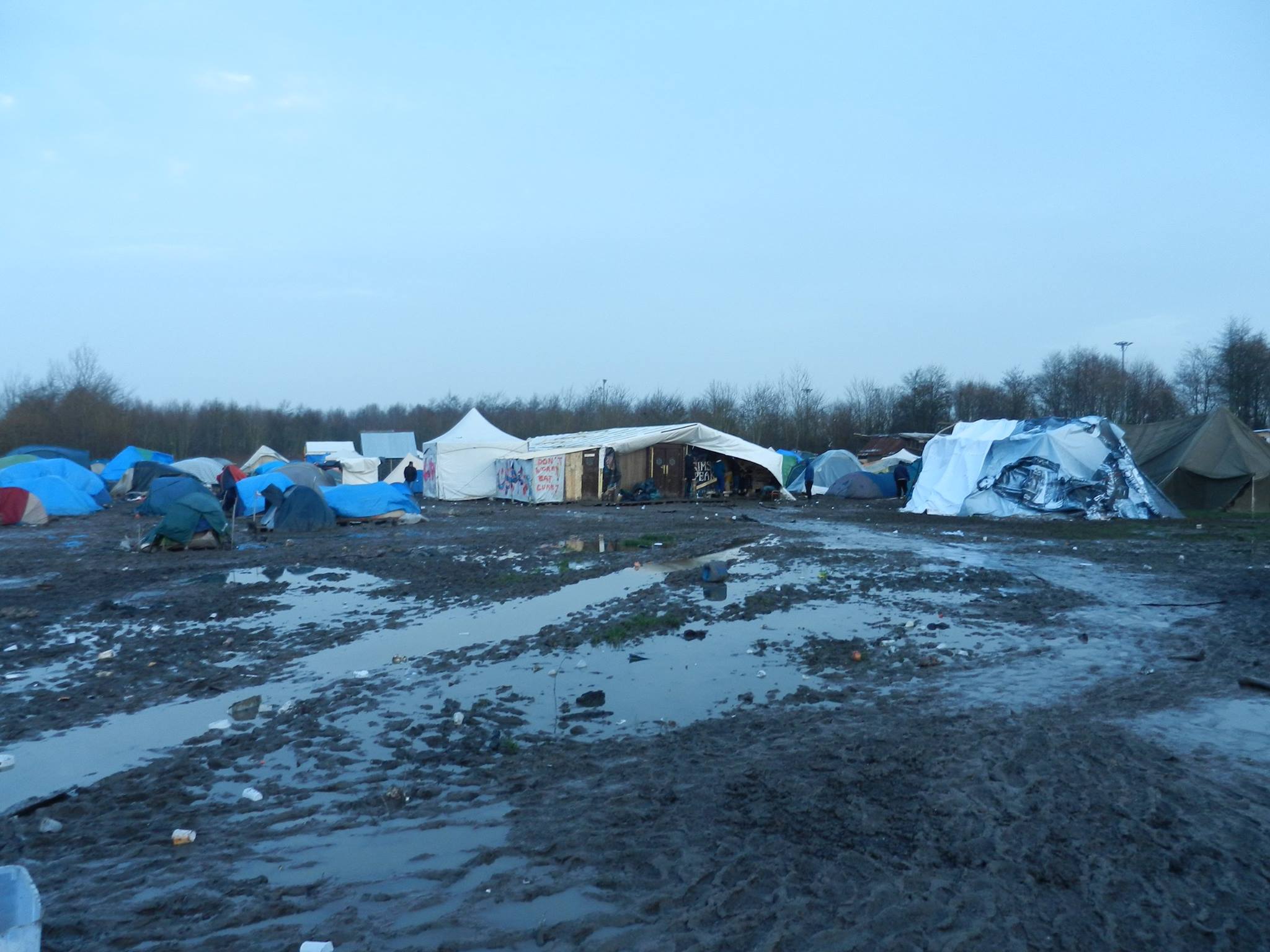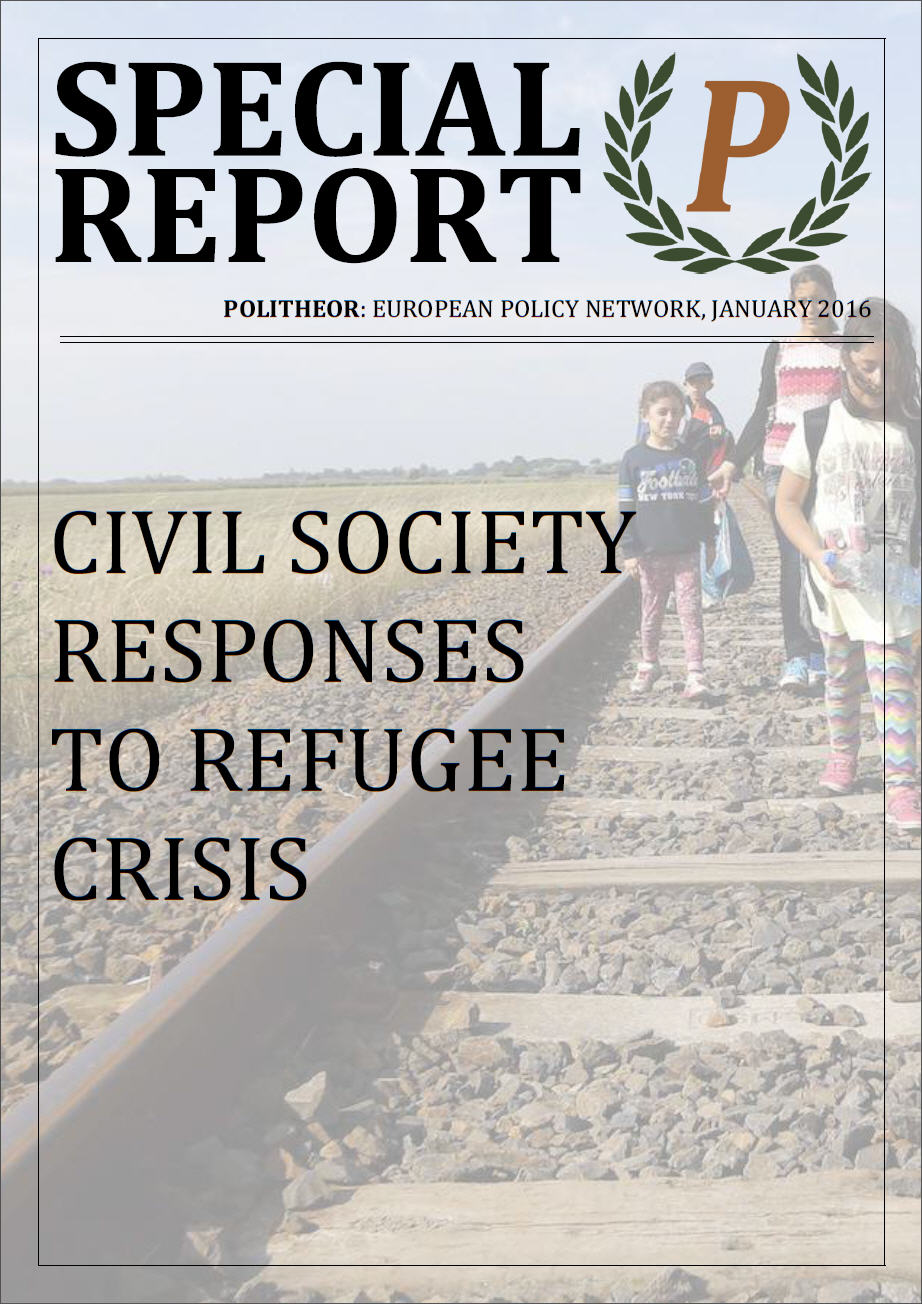POLITHEOR
European Policy Network
Search results
- Home
- Results for phrase:
Search Results For ''

European Enlightenment 2.0: Toward a Respectful and Comprehensive policy for missing and dead migrants1
- Human Rights and Migration, Op-ed
- 29/01/2016
The migration crisis is the biggest crisis in Europe since the Second World War. Millions of people follow migration land and sea routes, but not all reach their destination. Missing and dead migrants are largely neglected in the current European migrant policies.
READ MORE
Waiting in Vain: What we can learn from Europe’s inept diesel policies1
- Environment and Energy, Op-ed
- 28/01/2016
Since the mid-1990s, the EU has endorsed diesel fuel and promoted it as the green alternative to petrol. A policy not only harmful for the environment but which also steered the industry into a blind alley: The farfetched dream of “clean diesel” has turned out to be a dirty nightmare.
READ MORE
To welcome or not to welcome: what civil society does for refugees?0
- Human Rights and Migration, Op-ed
- 27/01/2016
The weaknesses of EU policies has been displayed in times of refugee crisis, but the strength of social movements and NGOs has been shown in addressing it. The void of political inaction is being partially filled by civil society: Houses, universities, shelters have been opened, blankets, food, money have been distributed, and especially, it has made visible the social and human consequences behind such a migration process. However, actions of civil society are to be complementary to State ones, not to substitute them.
READ MORE

REPORT: The dark reality of Dunkirk’s refugee camp0
- Analysis, Human Rights and Migration
- 26/01/2016
Refugees in Dunkirk are denied even the most basic of human necessities, whilst aid agencies face a seemingly futile battle to keep their heads above the water.
READ MORE
Politheor’s Special Report on civil society responses to refugee crisis3
- Human Rights and Migration, Special Report
- 25/01/2016
No matter how many people fleeing war and death arrive, this is an obligation that the developed world must fulfill.
READ MORE
Youth radicalization: the enemy within0
- International Relations and Global Affairs, Op-ed
- 23/01/2016
The rise in the number terrorist attacks carried out by nationals and citizens to their own states has brought to the fore the problem of youth radicalization. What is most striking is the changing profile of the terrorists who are perceived as intelligent individuals, mostly university students and graduates. There is therefore an urgent need for measures that reduce or altogether eliminate opportunities for youth radicalization. Security and community institutions need to be strengthened to provide deterrence and appropriate responses.
READ MORE






